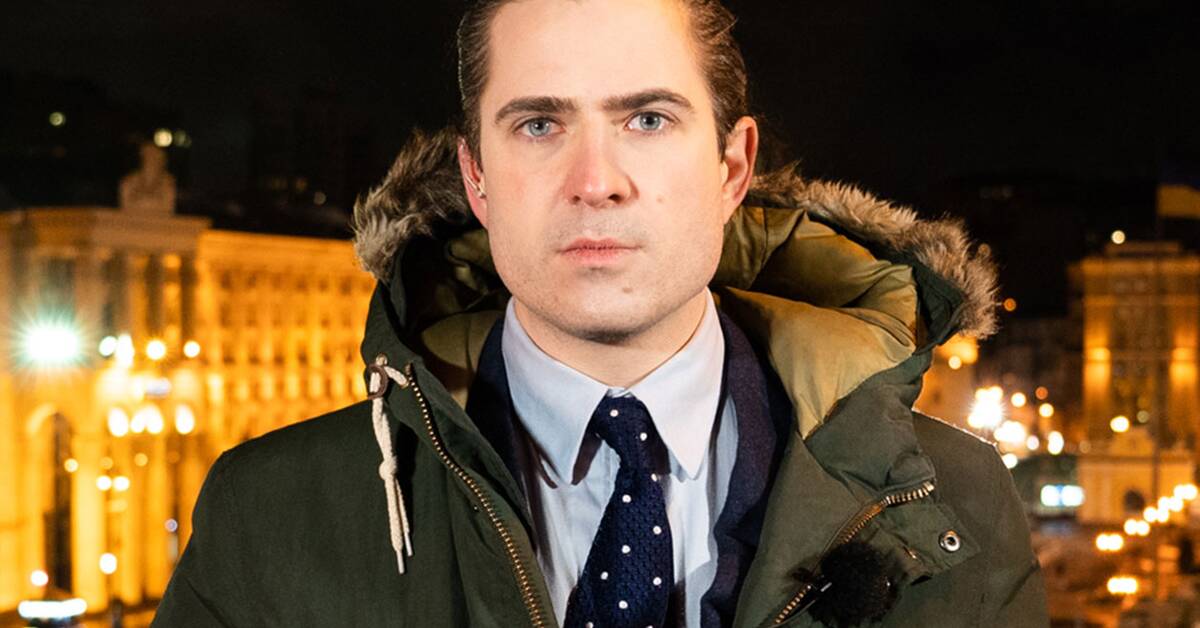When Russian President Vladimir Putin recently devoted a televised meeting to explaining that Russia, like children's book author JK Rowling, in his opinion fell victim to "cancel culture", the sour reactions did not wait.
To less than a month into the Russian war against Ukraine, portray Russia as the great victim of discrimination sounds false, to say the least.
But to also complain about it in terms so closely associated with offended pop culture rather than world politics added to some commentators a certain absurdity.
Conflict between Russia and the West
The fact that Russia sees itself as a victim of the constant bullying of Westerners is nothing new.
The conviction took on a more explicit military tone when the term "hybrid war" in 2013 had its major impact in an article signed by Valery Gerasimov, the Russian military's chief of staff.
What was described there was a conflict on all fronts to which the West exposes Russia, and against which Russia must be able to defend itself.
In recent months, however, this analysis seems to be hardening to something else, as appears from the public statements of several political heavyweights.
Most striking was perhaps the interview with Nikolai Patsrushev as secretary of the Federal Security Council and perhaps Russia's second most powerful person.
In an interview with the newspaper Rossiyskaya Gazeta the other day, he presented a very harsh picture of a conflict between Russia and the West, with demands for a more controlled and militarized Russian economy.
War through agents
Another example came when Russian Foreign Minister Sergei Lavrov was interviewed on Russian state television last week.
Lavrov described how Russia considers itself entitled to strike at foreign arms supplies to Ukraine, and even said that Russia and NATO are "in principle" at war through agents.
"War is war," Lavrov said.
The choice of words may surprise those who have perceived that Russia has banned the word "war" to describe the conflict over Ukraine.
But the "war" Lavrov was talking about was not Russia's war but the NATO countries' alleged attacks on Russia.
Need to mobilize the people
Russia's decision to label the war in Ukraine as a "special military operation" is not just a political matter but imposes concrete practical restrictions.
For example, it is not enough for a large popular military mobilization, something Russia would need to replenish its wounded forces in Ukraine.
To agree that one's "special operation" against Ukraine is now actually a war would, on the other hand, be an admission that things did not go as planned, which one does not want either.
One solution more and more people seem to be looking at would be to call what is going on a war.
A war not against Ukraine, but against the West, which is claimed to have made Ukraine its agent to attack Russia.
Harder view of the west
We do not know what will actually be said on Victory Day, May 9, which is celebrated in Russia in memory of Nazi Germany's capitulation.
Hardly a formal declaration of war against Western countries, even if they are the ones to be blamed for Ukraine's resilience.
On the other hand, an increasingly harsh Russian view of a deeper, albeit somewhat fuzzy, conflict with the West is now crystallizing.
Without having to agree with a single thing the Russian hawks say or believe, it is a belief that will influence Russian decision-making and therefore something the outside world is forced to relate to.

